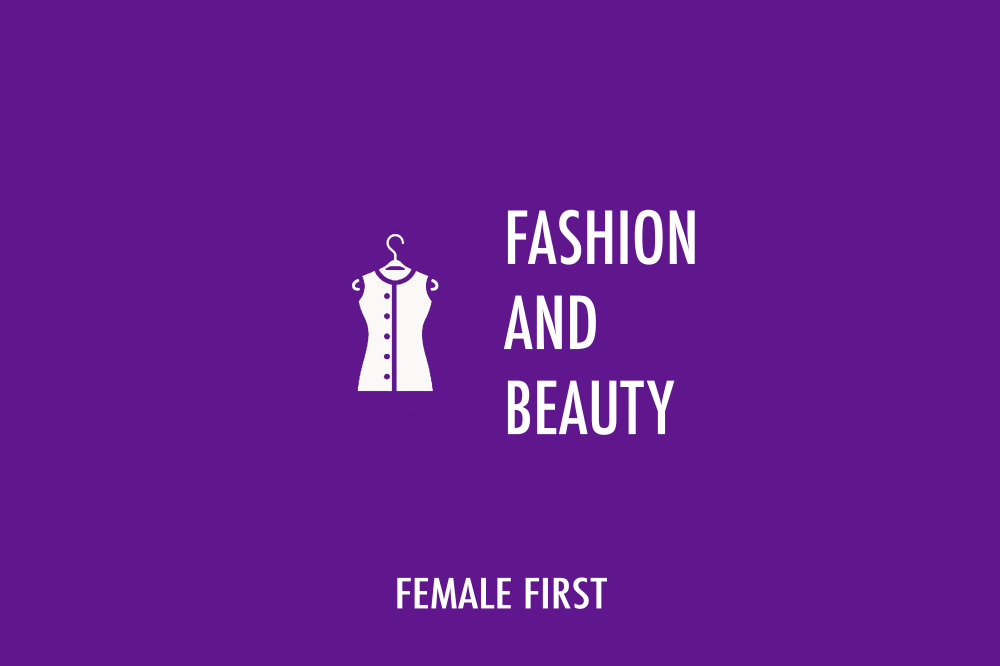Results from new survey has discovered over 25% of women who have used a male hair or beauty technician onfess they feel men do a better job

Fashion and Beauty on Female First
The latest research has revealed that 16% of women last had a hair or beauty treatment with a male technician, with a quarter of these confessing that they feel male hair and beauty workers do a better job than female. Further to this, when respondents were asked if they would prefer to see a male doctor or a male beauty therapist, more than half said they would prefer to have a male beauty therapist over a doctor.
A brand new study, seeking to further investigate the rising population of men in the beauty industry, has revealed that a quarter of women who have been clients of male technicians believe they do a better job than their female counterparts. Not only that, but in general British women are far likelier to consult with a male beauty therapist than a male doctor.
The research was commissioned by www.babtac.com (The British Association of Beauty Therapists and Cosmetologists), the premier UK association for beauty, hair, holistic and sports therapies. A total of 2,855 British women took part in the recent survey, all of whom were at least 18 years old and lived in various UK regions. All respondents had received at least one hair or beauty treatment in the past six months.
All respondents were initially asked whether they would rather see a male beauty therapist or a male doctor, to which 53% stated they would rather see a male beauty therapist than a doctor. The survey then asked if they had in fact ever been treated by a male hair or beauty technician, including waxers, masseuses, stylists etc. 16% of respondents confirmed that they had. These respondents were then asked whether they had requested to have the technician in question when booking the appointment, to which 78% stated that they had.
All respondents who had treatments with male technicians were asked whether they actively preferred a male or female technician, to which a quarter (25%) stated that they felt male technicians 'do a better job'. 27% stated that female technicians are superior, while the majority (52%) confirmed that they had no preference between the genders.
Those who felt that male technicians do a better job were asked to identify the reasons why they felt this was true. The majority confirmed they felt that male technicians 'are usually more senior' (31%), 'understand my needs better' (24%) and 'give a better overall experience' (23%).
Jason Phillips, Chairman of BABTAC, made the following comments regarding the results of the study:
"Although we would never encourage the public to judge technicians by their gender, this study has shown some really interesting results around the perception of men working in the beauty industry. While we should remember that this is by no means a war of the sexes, it is good to see the public embrace male workers and enjoy the treatments they are receiving."
He continued:
"To cast some further light on these results, it is often argued that it is harder for men to establish themselves in the industry than it is for women - they often receive more negative reactions and have to battle stereotypes in order to make their mark. As a result, only the most talented and determined might persist in their chosen career path, which could explain why some people feel they get a better experience with a male therapist than a female. What we would like to remind people, though, is that each technician is an individual and assumptions should not be made based on their gender, as with any industry."

